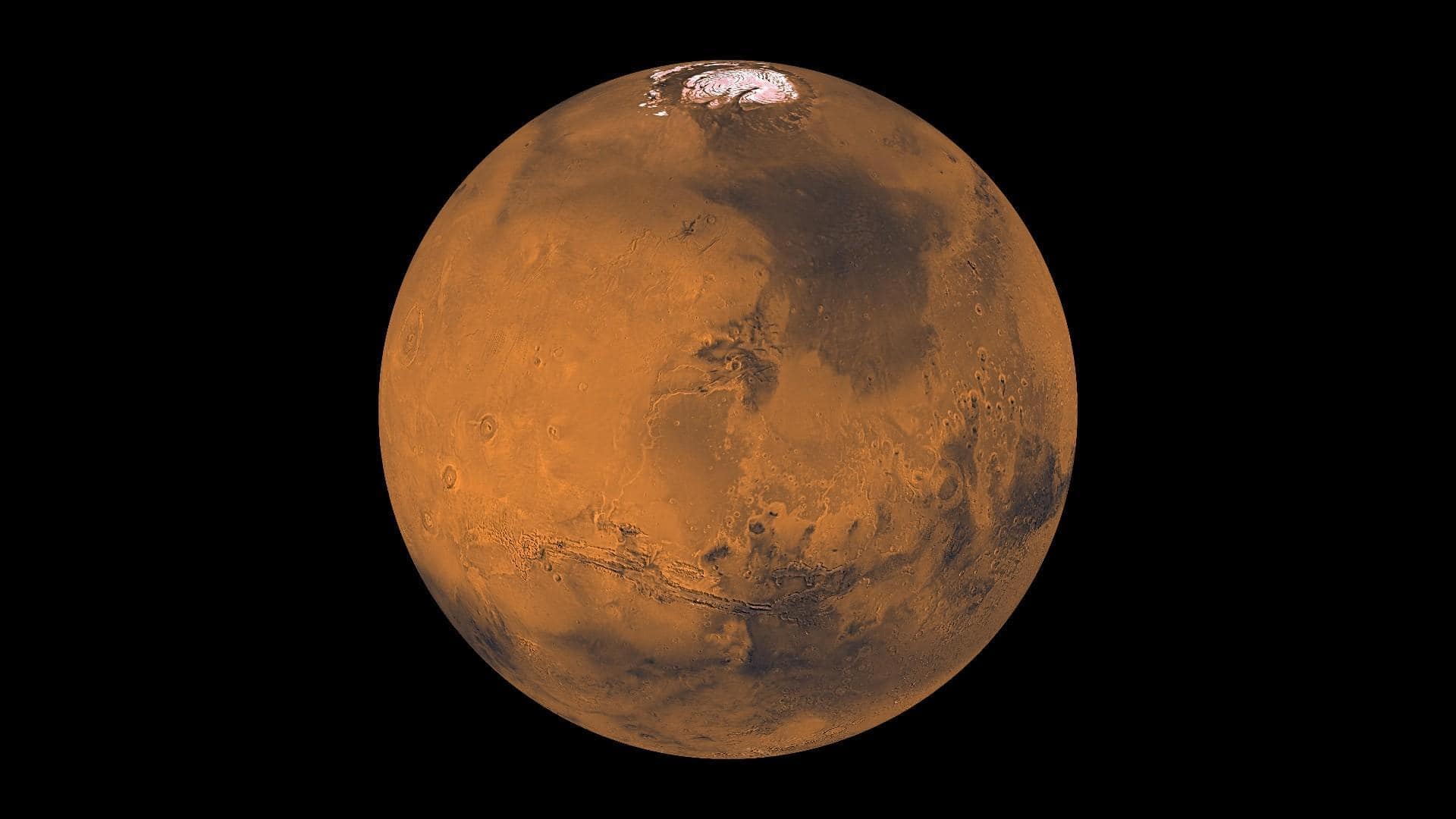
This is how habitats on Mars could be built
What's the story
Group Captain Shubhanshu Shukla, an Indian Air Force (IAF) pilot and astronaut, has co-authored two scientific papers while preparing for his upcoming flight to the International Space Station (ISS) on June 8. The studies were conducted at the Indian Institute of Science (IISc), Bengaluru, and focus on two major challenges of future Mars missions: habitat construction and survival in harsh Martian soil chemistry.
Innovative solution
BHEEM: A modular Martian habitat design
The first study proposes a unique design for a modular Martian habitat called BHEEM (Bhartiya Extraterrestrial Expandable Modular Habitat). The concept has stackable geometric modules made from triangles, squares, and pentagons. These can be compactly launched and expanded on-site to accommodate astronauts. Each module supports essential tasks such as mission planning, hygiene maintenance, exercise routines, and medical care while withstanding the structural stresses of extraterrestrial environments.
Microbial innovation
Martian bricks: A sustainable construction solution
The second study explores the potential of using "Sporosarcina pasteurii," a biocementation-capable bacterium, to make "Martian bricks." The process involves consolidating Martian soil simulant through Microbially Induced Calcite Precipitation (MICP). Surprisingly, perchlorates—oxidizing salts found in actual Martian soil—triggered an unexpected behavior in these bacteria: multicellularity-like clusters and protective extracellular matrix formation. When combined with natural adhesive guar gum, they helped make bricks with double the compressive strength in the presence of perchlorates compared to those without them.
Research impact
Multidisciplinary approach to space colonization
The two studies indicate a systems-level approach to planetary colonization. While BHEEM provides the structural blueprint for lunar or Martian habitats, the MICP work offers a sustainable solution to build those habitats using Mars's own soil. Shukla's dual role as an astronaut and scientist underscores the multidisciplinary nature of modern spaceflight. His ground-based research has been laying the foundation for India's future on Mars.